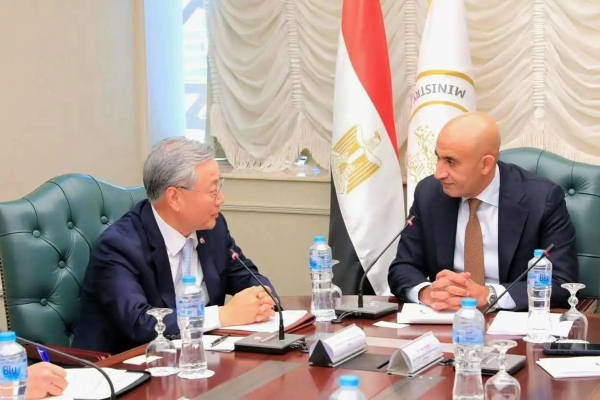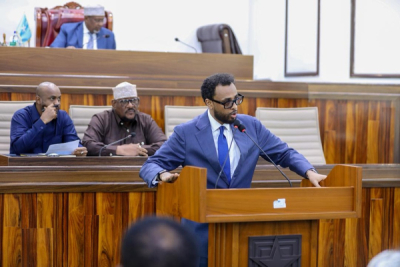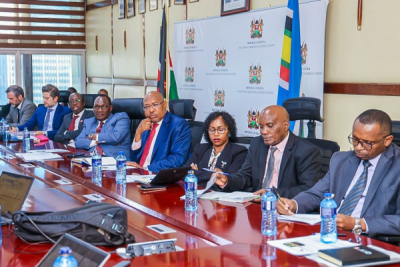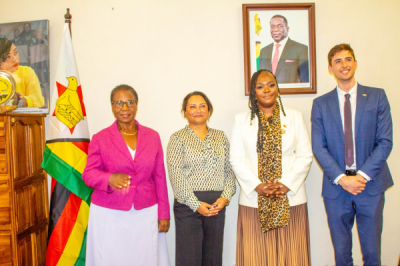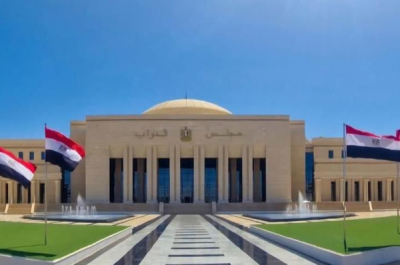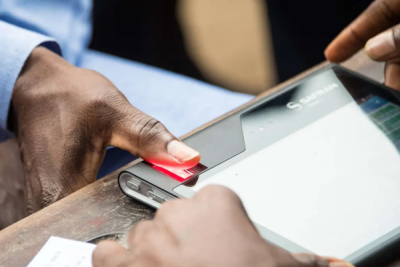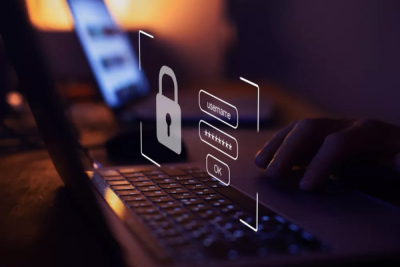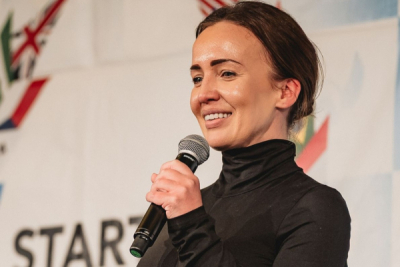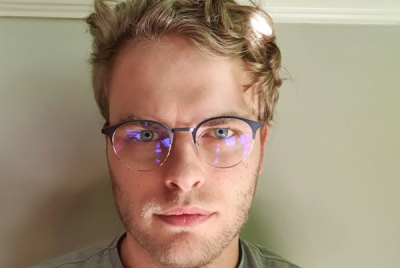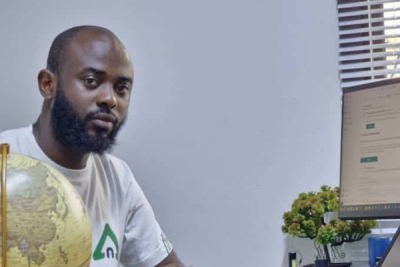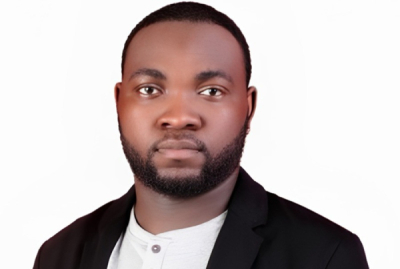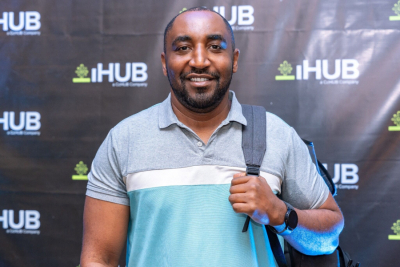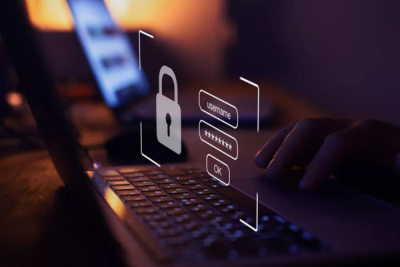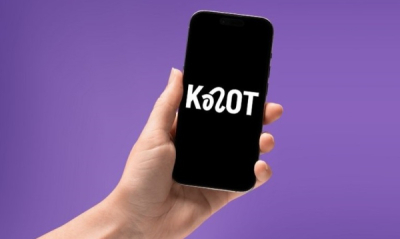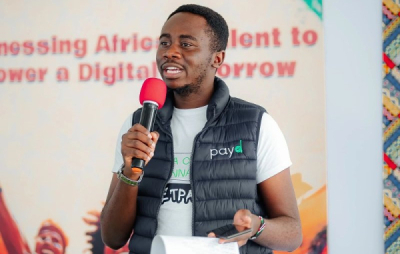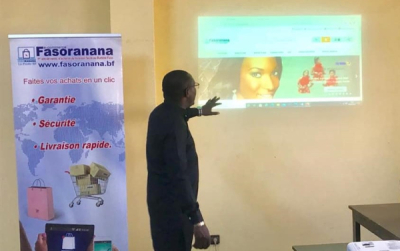• South Korea launches $15M project to modernize Egypt’s education
• Five-year plan covers 54 schools, boosts ICT, teacher skills
• Initiative aligns with AU Agenda 2063 digital education goals
South Korea announced on Monday a $15 million project to modernize education in Egypt. The announcement was made during a meeting in Cairo between the Korean Ambassador to Egypt, Kim Yonghyon, and Egypt's Minister of Education and Technical Education, Mohamed Abdel-Latif.
The five-year project, officially set to begin in 2027, will cover 54 public middle schools across all 27 of Egypt's governorates. It will involve implementing educational programs that integrate information and communication technologies (ICT), strengthening teachers' digital skills, upgrading infrastructure like computer labs and internet connectivity, and modernizing administrative and evaluation systems. Preparatory studies will be conducted throughout 2026 to define technical and educational needs.
This partnership extends 30 years of diplomatic relations between Egypt and South Korea. In addition to education, the two countries already cooperate in industry, energy, and infrastructure.
Beyond bilateral cooperation, the initiative aligns with a continental trend. The African Union has made digital education a priority of its Agenda 2063, which aims to equip African youth with the skills needed for the global knowledge economy. Given its demographic size and geopolitical role, Egypt could become a key regional hub for this effort. South Korea, a global leader in digital education and the integration of ICT in teaching, already shares its expertise with several countries through KOICA cooperation programs and EdTech partnerships.
As artificial intelligence and digital technologies transform the job market and lifestyles, a country's ability to train its youth in digital skills is becoming a key factor in its competitiveness. By partnering with South Korea, Egypt hopes to provide its younger generations with modern educational tools and prepare the country for better integration into the global knowledge economy.
Samira Njoya


